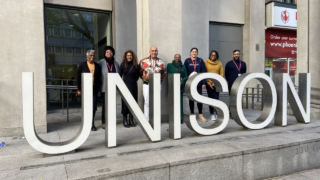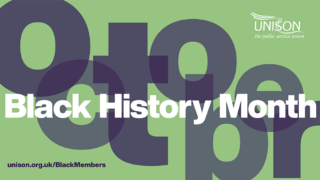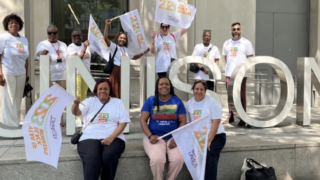People from African Diaspora, including those of white and Black mixed heritage, can face additional problems that may affect their mental health. Black communities in the UK are still more likely than others to experience problems such as bad housing, unemployment, stress and racism, all of which can make people ill. Worldwide, it seems that people who move from one country to another have a higher risk of mental illness. While mental illness is no more common in Africa the Middle East or the Caribbean than it is in the UK as a whole, it is a bigger problem for Black communities living in the UK.
Five steps to improve mental wellbeing
Connect – connect with the people around you: your family, friends, colleagues and neighbours. Spend time developing these relationships.
Be active – you don’t have to go to the gym. Take a walk, go cycling or play a game of football. Find the activity that you enjoy and make it a part of your life.
Keep learning – learning new skills can give you a sense of achievement and a new confidence. So why not sign up for that cooking course, start learning to play a musical instrument, or figure out how to fix your bike.
Give to others – even the smallest act can count whether it’s a smile, a thank you or a kind word. Larger acts, such as volunteering at your local community centre, can improve your mental wellbeing and help you build new social networks.
Be mindful – be more aware of the present moment, including your feelings and thoughts, your body and the world around you. Some people call this awareness “mindfulness”, and it can positively change the way you feel about life and how you approach challenges.
According to the Mental Health Foundation Black people are also more likely to enter mental health services via the courts or the police, rather than from primary care, which is the main route to treatment for most people. They are also more likely to be treated under a section of the Mental Health Act, are more likely to receive medication, rather than be offered talking treatments such as psychotherapy, and are over-represented in high and medium secure units and prisons.
There is currently no action plan specifically for Black and ethnic communities. The last Labour government’s action plan on Black mental health ‘Delivering Race Equality’ (DRE) ended in 2010 and has not been renewed or replaced. The Afiva Trust and other race equality organisations such as Race on the Agenda, along with service user-led organisations including the National Survivor User Network, are considering developing an alternative call to action on race equality in mental health.
Contributed by Jed Murray



